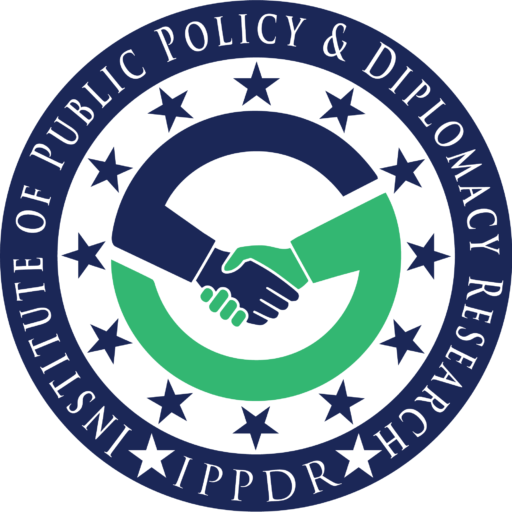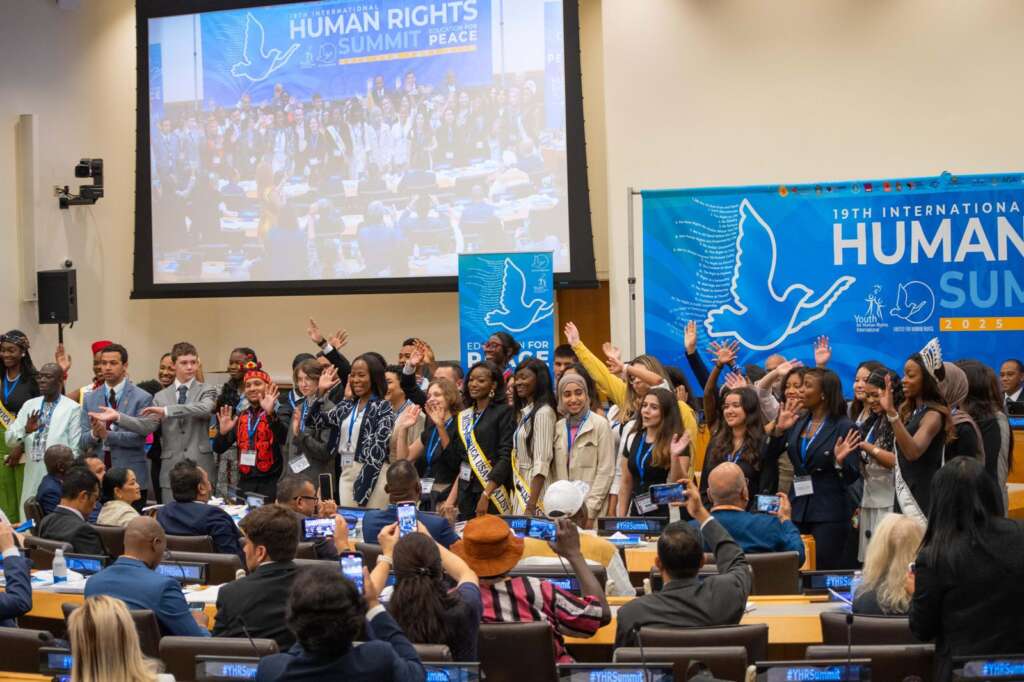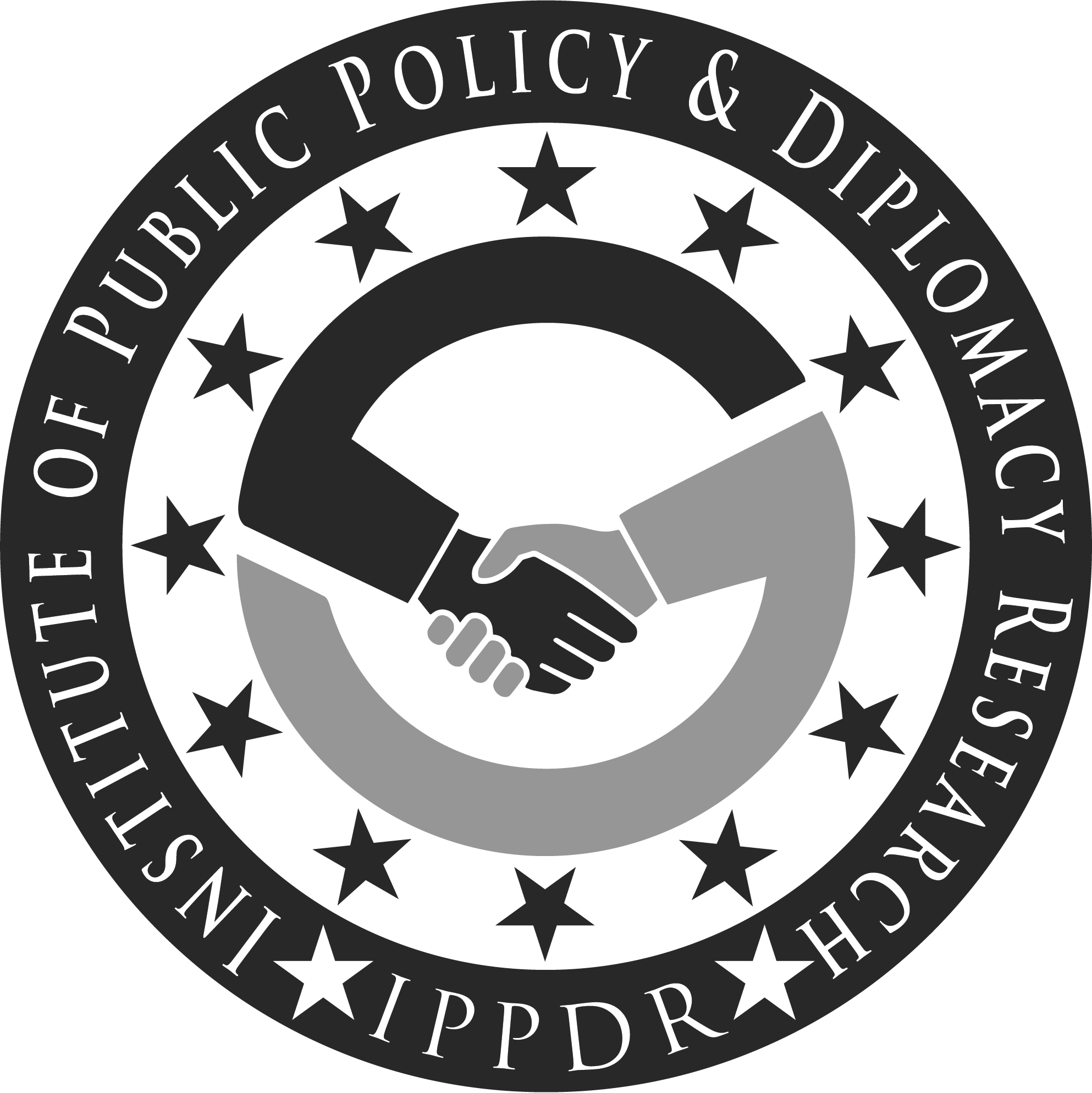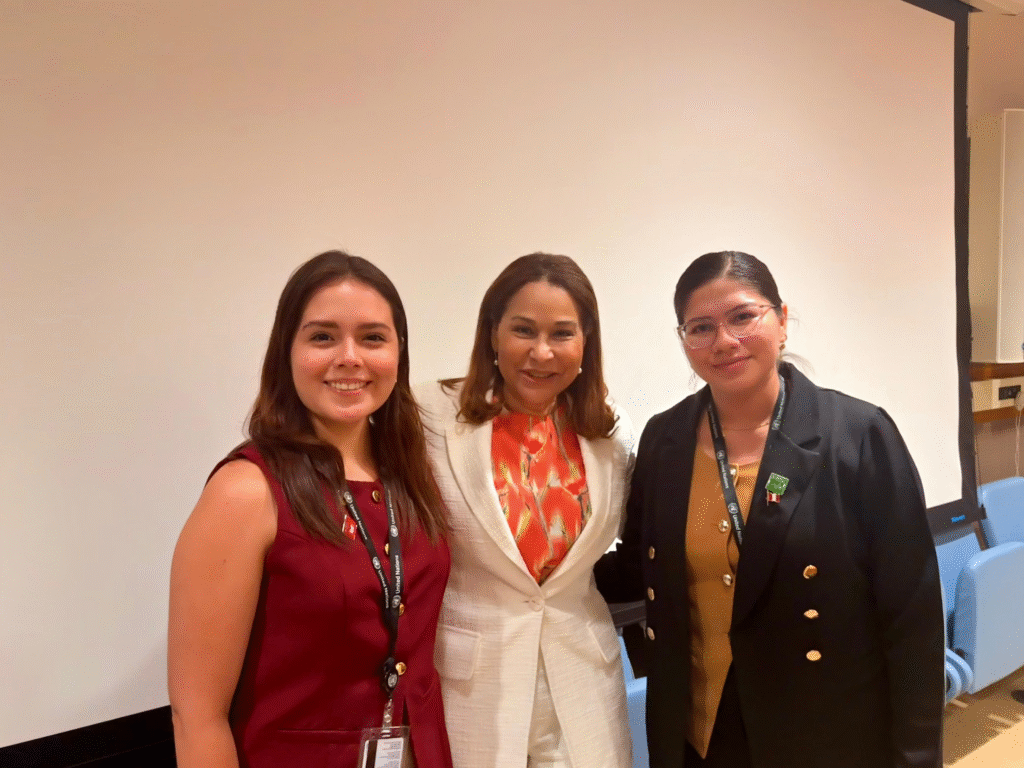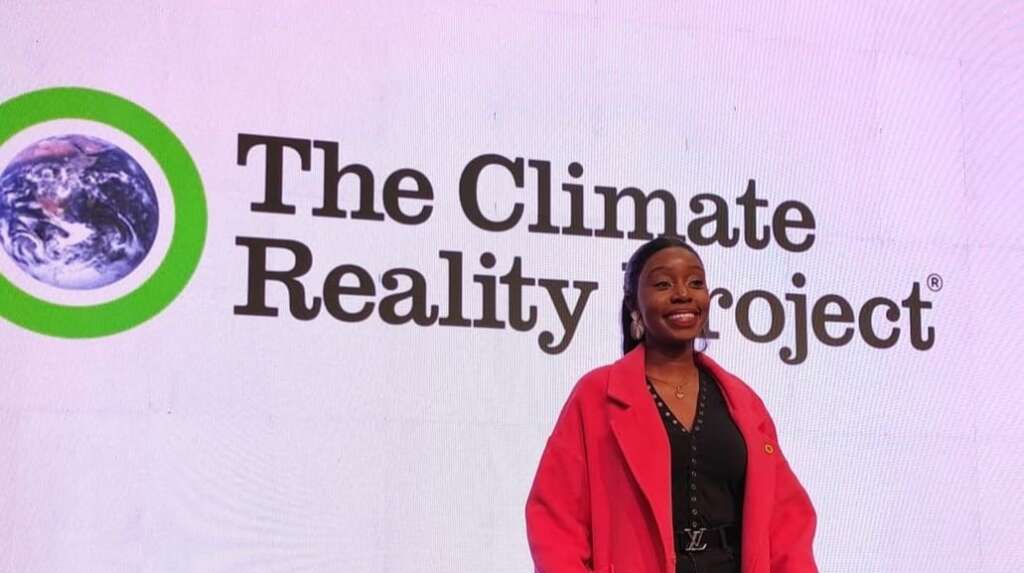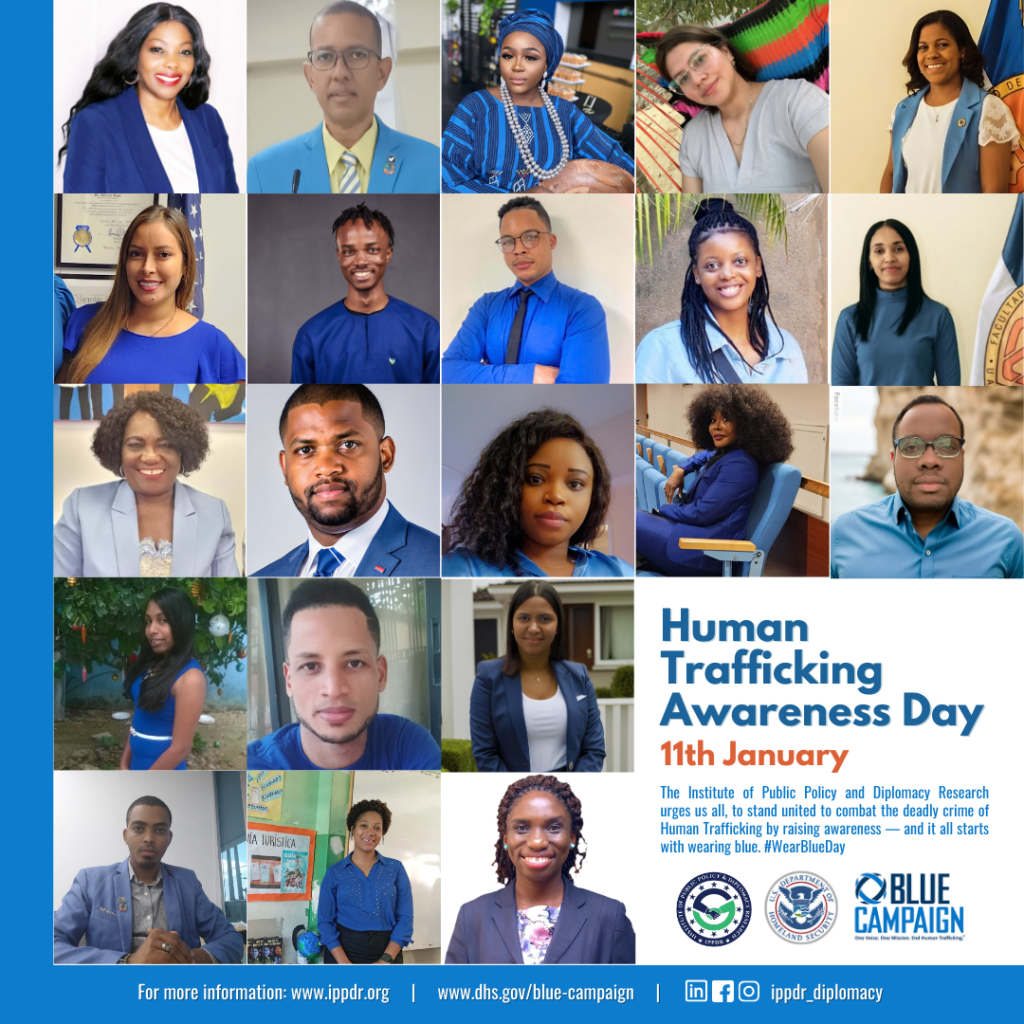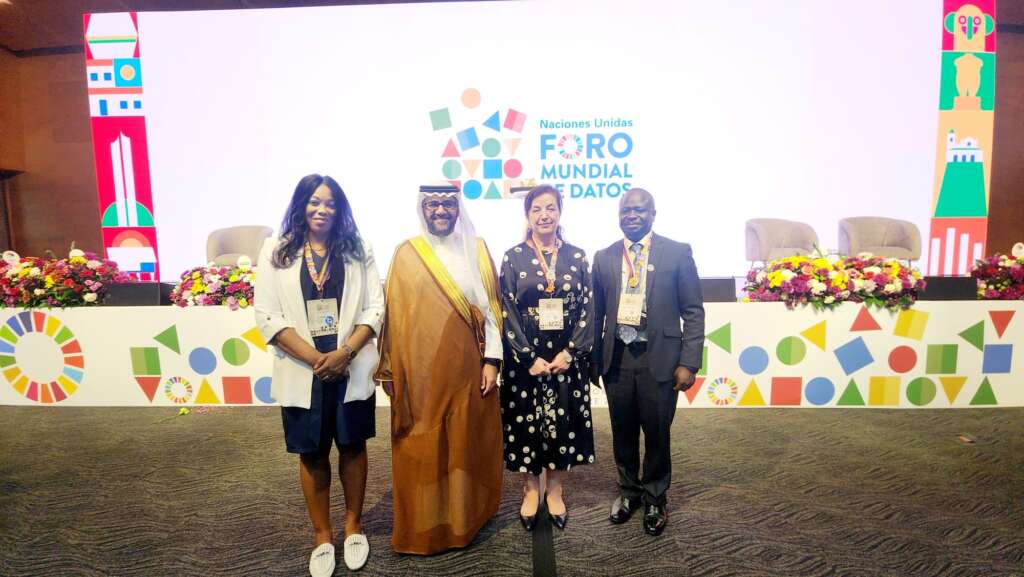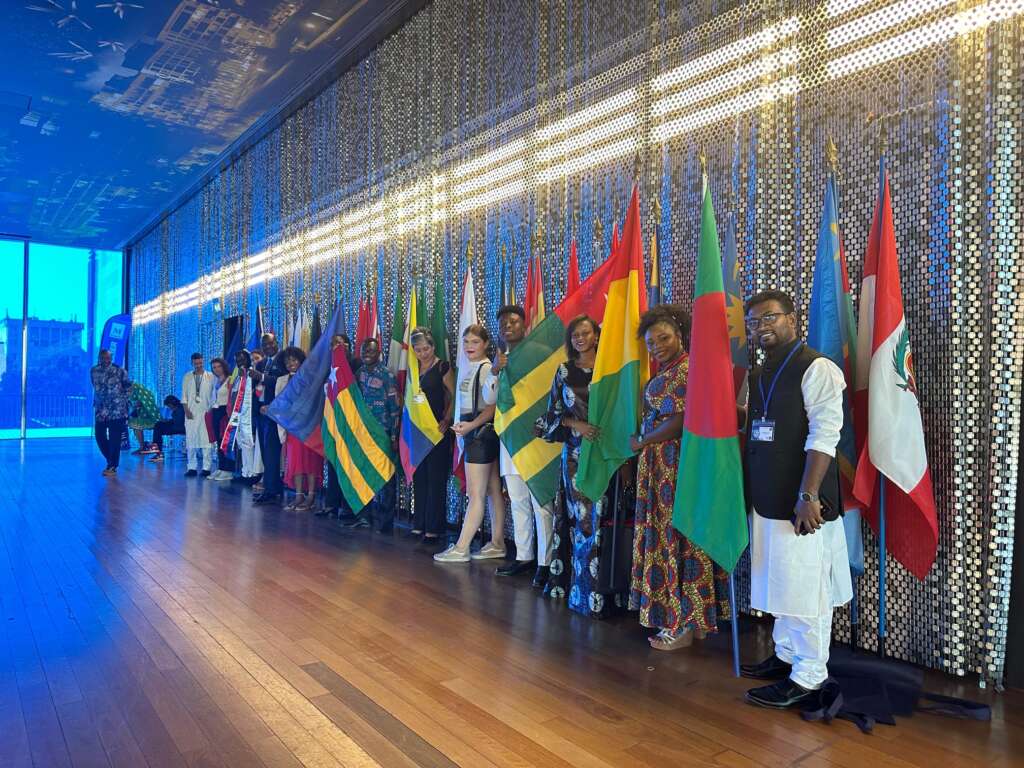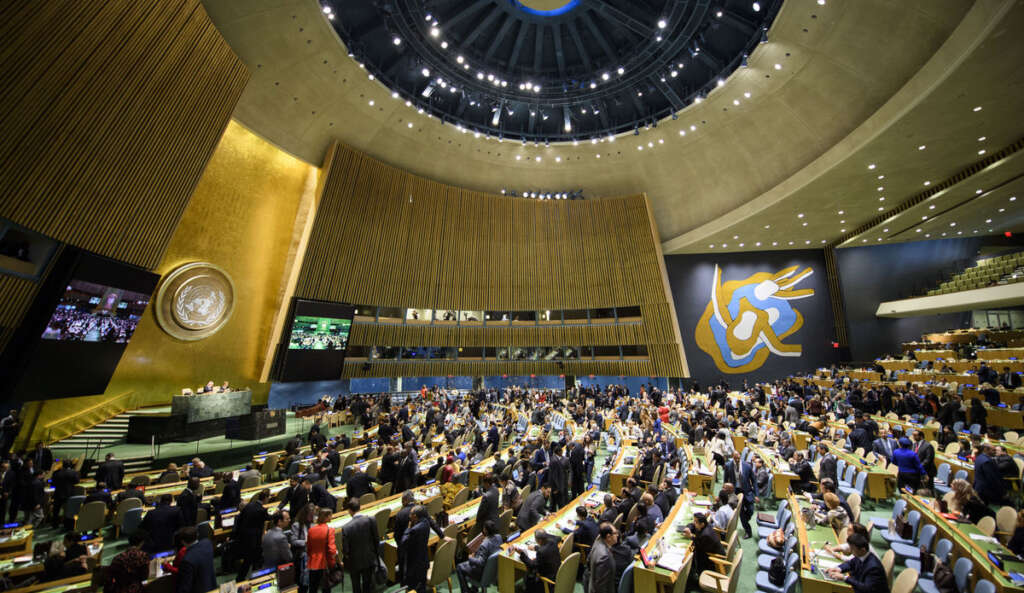Category / Human rights / Sustainable Development / United Nations / United Nations Human Rights Summit / Youth
-
International Human Rights Summit at United Nations
“Peace cannot exist without human rights, and human rights cannot be realized without education,” stated an IPPDR representative. Our work in Mexico and our participation in New York reflect a unified vision.
-
The 2025 United Nations High-Level Political Forum (HLPF)
IPPDR’s participation in the forum reflected its broader mission: to shape policy through education and to amplify underrepresented voices in global decision-making spaces.
-
Climate Leadership for a Sustainable Future
The Climate Reality Leadership Corps training held in Nairobi, Kenya, addresses the climate crisis through education, empowerment, and collective action.
-
CEPA24: IPPDR champions inclusive institutions at the UN
Public institutions are not only instruments of service; we are guardians of hope—and it is the youth who must help carry that flame forward.
-
World Economic Forum – Davos 2025: Collaboration for the Intelligent Age
The World Economic Forum (WEF) Annual Meeting – Davos, has cemented itself as a critical venue for addressing global society’s pressing challenges. It brings together senior government officials, policymakers, business leaders, and geopolitical strategists to discuss cooperative solutions to today’s most pressing issues. © World Economic Forum However, the forum’s effectiveness in driving real-world policy and…
-
Human Trafficking: A Human Rights Crisis and the Institute of Public Policy and Diplomacy Research’s Commitment to the Blue Campaign
Human trafficking stands out as one of the most severe infringements on human rights in contemporary times. It deprives people of their freedom, security, and self-respect, making them susceptible to exploitation through forced labor, sexual slavery, and various cruel circumstances. This worldwide crisis demands urgent and unified efforts to safeguard the at-risk and dismantle the…
-
The Role of Data in Global Security: Enhancing Peacebuilding and Stability
Global security challenges such as terrorism, organized crime, and cyber threats necessitate cooperation across international boundaries due to their interconnected nature. Data is essential for enhancing international collaboration as it enables the exchange of information between countries and organizations.
-
Envisioning Worldwide Unity and the Youth’s Contribution to Building a Lasting Future
Envision a world devoid of conflict, hardship, or pain – a world where every person can move without restraint, start a family, seek knowledge, create enterprises, and live with honor. However, peace encompasses more than just the lack of conflict; it is a crucial element for the prosperity, economic growth, and thriving of societies. Genuine…
-
The United Nations General Assembly: A Global Forum for Diplomacy and Cooperation
Introduction The United Nations General Assembly (UNGA) stands as a beacon of hope in a world marked by diverse challenges, conflicts, and opportunities. Established in 1945, the UNGA is one of the principal organs of the United Nations, embodying the spirit of international collaboration and diplomacy. This article delves into the significance, functions, and impact…
-
Human Rights: A Fundamental Pillar of a Just Society
Human rights are the bedrock of a just and equitable society, serving as a shield to protect the inherent dignity and worth of every individual. These rights, often enshrined in national constitutions and international treaties, are universal and inalienable, applying to all people regardless of their background, nationality, or circumstances. The concept of human rights…
